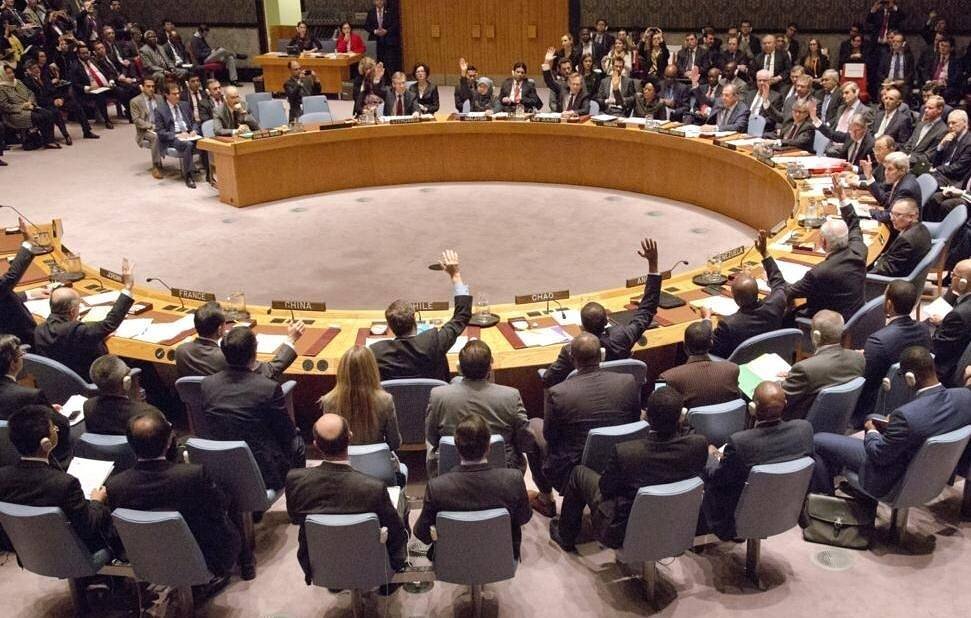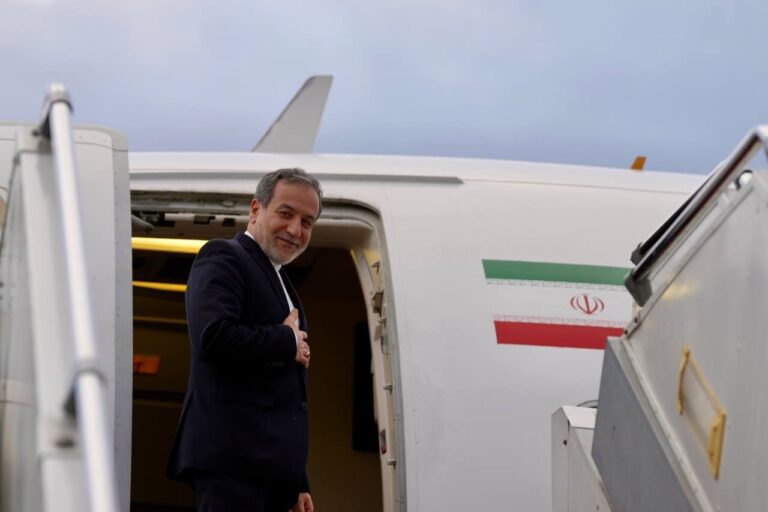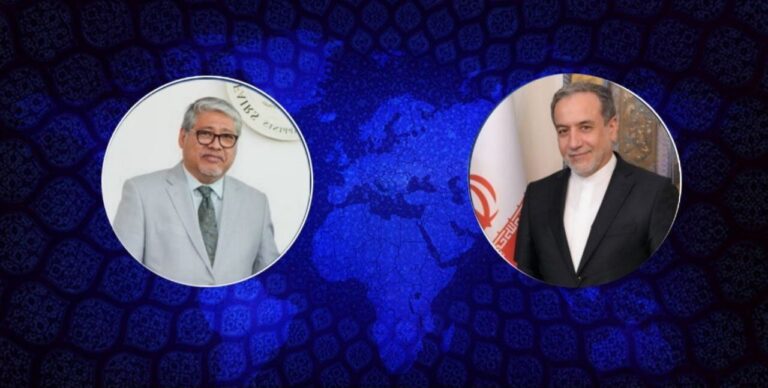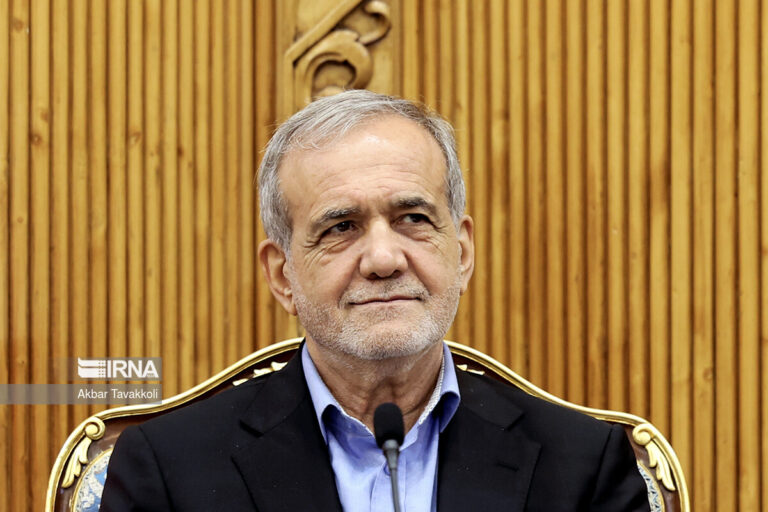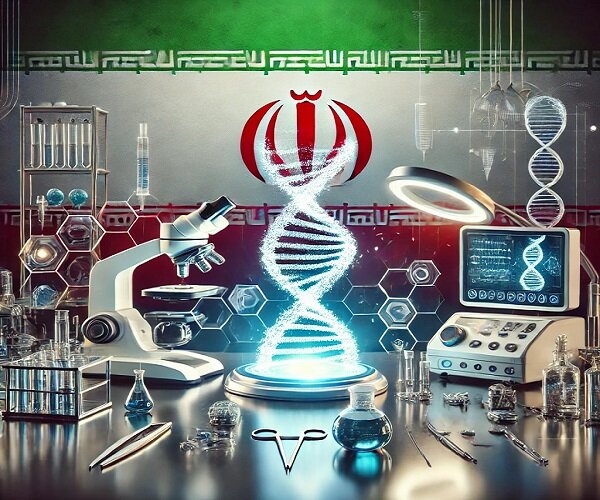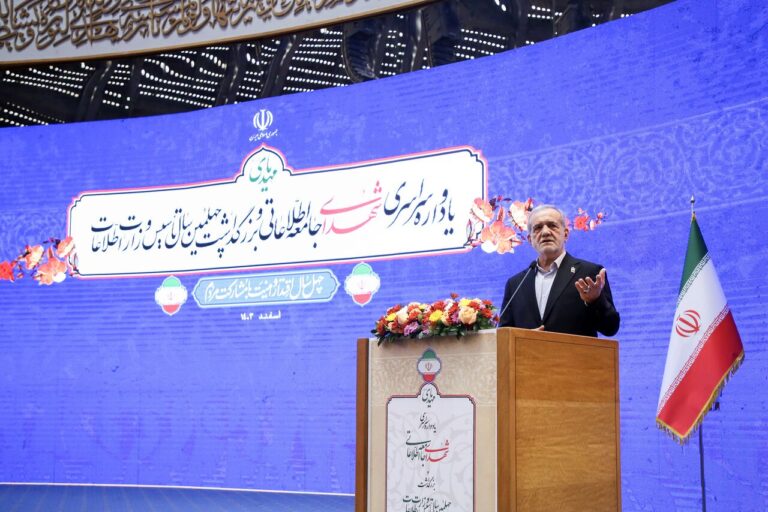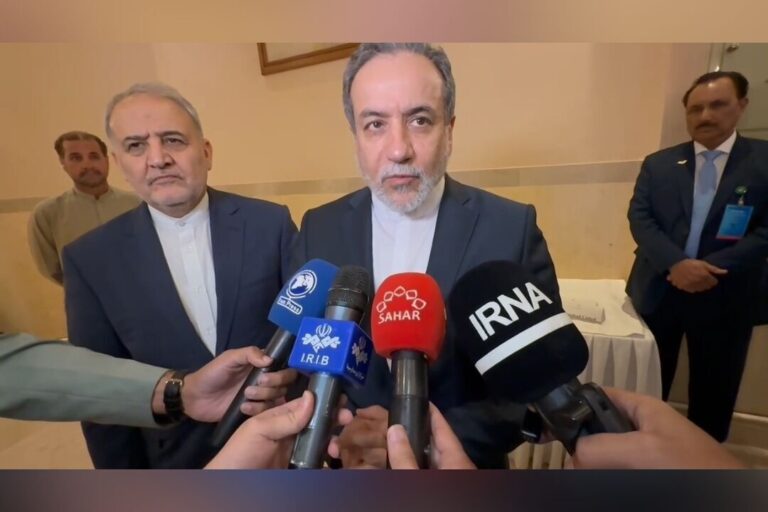Pakistan Calls on UNSC to Enforce Long-Awaited Resolutions on Kashmir
In the pursuit of lasting peace in South Asia, it is imperative that the United Nations Security Council implements its resolutions, particularly regarding the Jammu and Kashmir conflict. Asim Iftikhar Ahmad, the Permanent Representative of Pakistan to the UN, emphasized this point during a press briefing following an emergency session of the Security Council. The call for action comes amid escalating tensions between India and Pakistan, highlighting the urgent need for diplomatic engagement and conflict resolution.
During the emergency session, Ahmad articulated Pakistan’s position on the Kashmir issue, noting that “peace does not happen in a vacuum.” He outlined three key objectives for Pakistan’s engagement with the UN Security Council:
- Inform Council members about the deteriorating security environment in the region.
- Encourage de-escalation of tensions between India and Pakistan.
- Reaffirm the significance of the unresolved Jammu and Kashmir dispute.
Pakistan’s request for the closed-door meeting was prompted by a recent attack in Kashmir on April 22, which resulted in 26 fatalities. Ahmad stated that Islamabad approached the Council “with a message of peace, not provocation.” He asserted that the role of the Security Council should extend beyond mere observation; it must actively engage in preventing conflicts through timely and principled actions.
In addressing the allegations made by India regarding Pakistan’s involvement in the April 22 Pahalgam attack, Ahmad firmly rejected these claims. He insisted that both Pakistan and the Council members condemned the attack and that Islamabad should not be implicated without evidence. Furthermore, he raised concerns about India’s decision to suspend the Indus Waters Treaty, an agreement that has governed water-sharing between the two nations for decades. This suspension threatens the legal framework that has long facilitated cooperation on water resources.
Ahmad also highlighted the ongoing human rights violations occurring in Indian-administered Kashmir. He pointed out that the region remains plagued by:
- Extrajudicial killings
- Arbitrary arrests
- Forced disappearances
- Torture and inhumane treatment
- Demolition of homes
- Restrictions on freedom of expression and media
- Systematic denial of the right to self-determination
“Peace must be built through dialogue, engagement, and respect for international law,” Ahmad asserted. He stressed that the people of Kashmir have been waiting far too long for justice and that a resolution to the conflict is essential for regional stability.
The tensions between the nuclear-armed neighbors have significantly escalated following the April attack, which occurred at the popular tourist destination of Pahalgam in Indian-administered Kashmir. India has accused Pakistan of having “cross-border links” to the attack, a claim that Islamabad has categorically denied. In response, Pakistan has offered to conduct a neutral investigation with third-party monitoring to ensure transparency.
In light of these developments, both India and Pakistan have taken reciprocal diplomatic measures, including the cancellation of visas for each other’s citizens and the recall of some diplomatic staff. This tit-for-tat approach only serves to heighten tensions, making peaceful resolution more challenging.
Ahmad’s remarks at the UN underscore the critical need for the international community to engage actively in the Kashmir dispute. The UN Security Council’s role is vital in facilitating dialogue and promoting peace in a region that has long been marked by conflict and instability.
In conclusion, the call for a UN-supervised plebiscite, as reiterated by Ahmad, remains central to addressing the aspirations of the Kashmiris. The path to peace in South Asia requires not only dialogue and negotiation but also a firm commitment to uphold human rights and international law. The ongoing struggles faced by the people of Kashmir must not be overlooked, as their quest for justice and self-determination continues to resonate in the broader context of regional stability.
